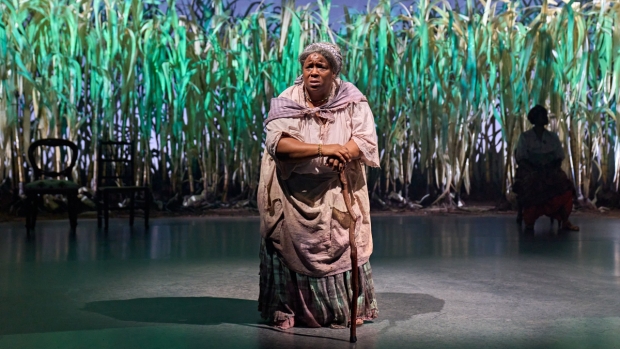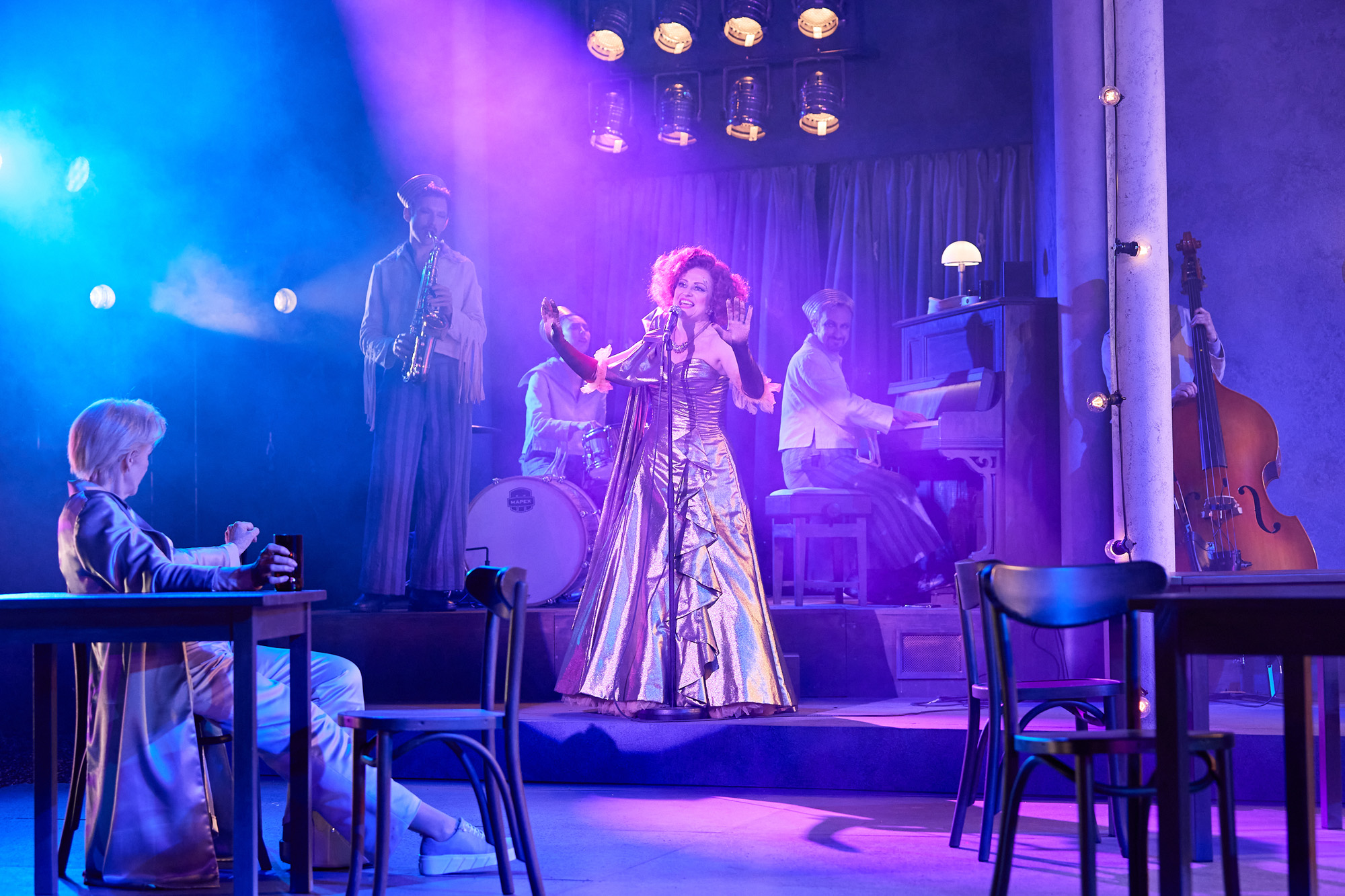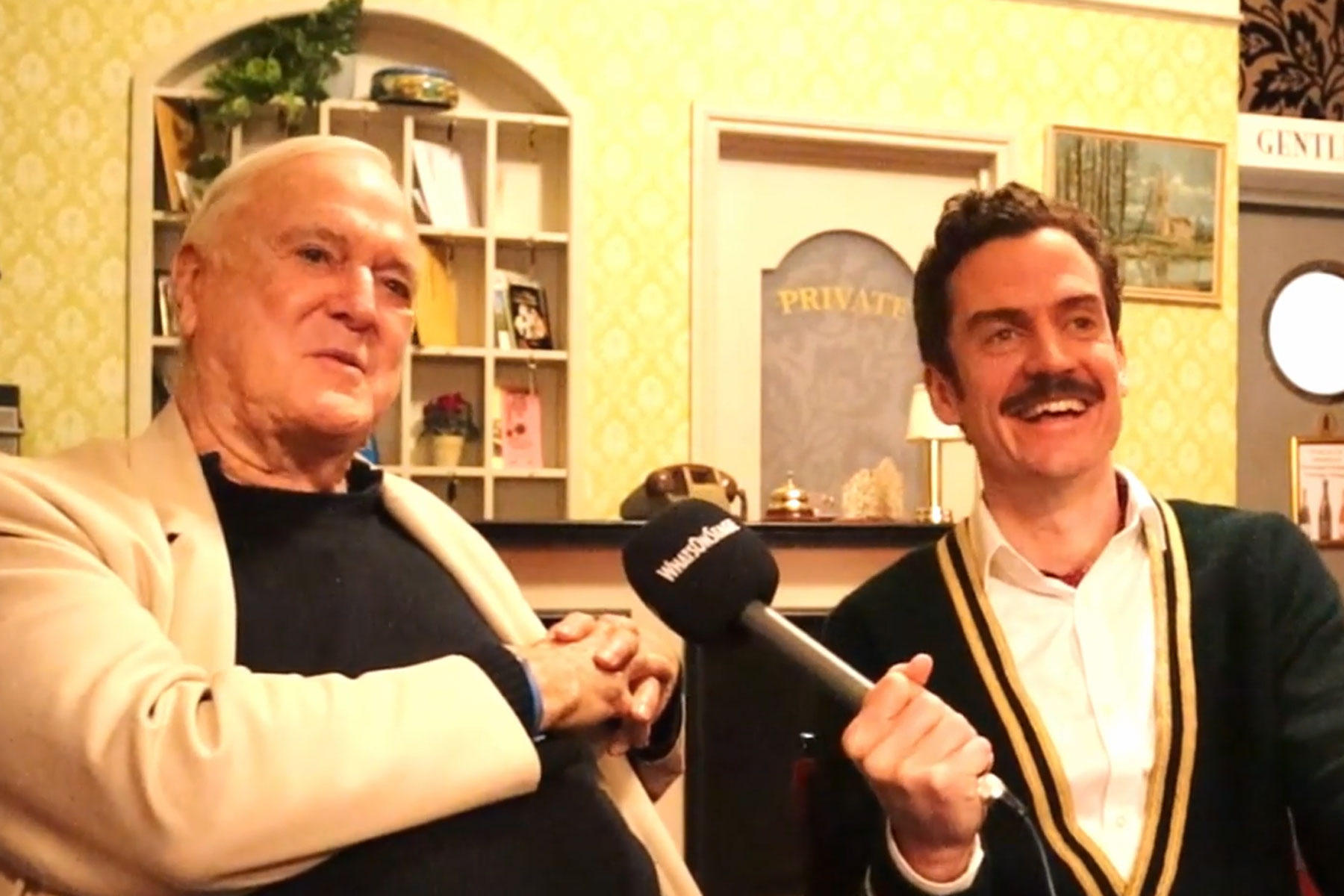The Long Song at Chichester Festival Theatre – review

© Manuel Harlan
The horror and brutality of slavery is perhaps not so well-trodden territory on the manicured turfs and flower beds of picturesque Chichester, but the staging of this new adaptation of Andrea Levy's 2010 novel is a bold and wholly worthy choice of programming on the part of artistic director Daniel Evans. In the last two years – The Long Song was initially programmed pre-pandemic – the subject has been jet propelled into the public consciousness like never before and as we, in the 21st century, grapple with how we deal with this stain on our history, it is authors like Levy that remind us of the voices that have long been lost, the people that lived, the survivors that fought and the victims that suffered.
Levy said of her novel that it was "not about slavery, but set in the time of slavery". Her objective was to bring the humanity into something that was so inhumane, and to explore the shame felt by so many that had been enslaved. Anyone with a modicum of sense about them will find that feeling inexplicable now – as we look back and see nothing but strength and admiration for the generations of people that suffered. This is the power of Levy's writing though and is where the novel successfully grabs the reader's attention.
Slavery's looming presence casts a shadow over this stage production. It centres on the life story of Old July – now a free woman but one of advancing years – who has experienced the worst in life and her memory is playing tricks. That or is she merely evading the retelling of the desperate times she faced. The unreliability of her memories is one of the cleverest tools at making her story all the more believable.
As Old July, Llewella Gideon is a joy to watch and a delight to listen to. She chomps her way through spirited glances into the past as she narrates with cheeky audience asides and a fearsome glint in her eye. Despite walking with a stick there is real beauty in the way that she slides into the role of her five-year old self as her story begins. Tara Tijani takes the mantle of the younger July and is engaging and in sparkling form, though neither she nor Gideon feel fully rooted in the emotional backbone of the piece.
Whilst the white Overseer (a smiling yet savage Leonard Buckley), the Missus of the house (an overly caricatured Olivia Poulet) and the other white landowners perpetrate unmentionable horrors, director Charlotte Gwinner never entirely manages to commit to either the real monstrosity of the events or the devastating consequences of the actions. There is a strong sense of hesitancy and tentativeness with the subject matter as it self-consciously stumbles and falters.
The starkness of the design does nothing to evoke the plantations of Jamaica and only furthers the level of detachment felt towards the small and thinly spread cast. There is so much that is good with both Levy's original work and this attempt to stage it, that it is a shame that it has got so lost on the vast and open Chichester stage. In the smaller Minerva just across the road this would have potentially packed a really powerful punch.










